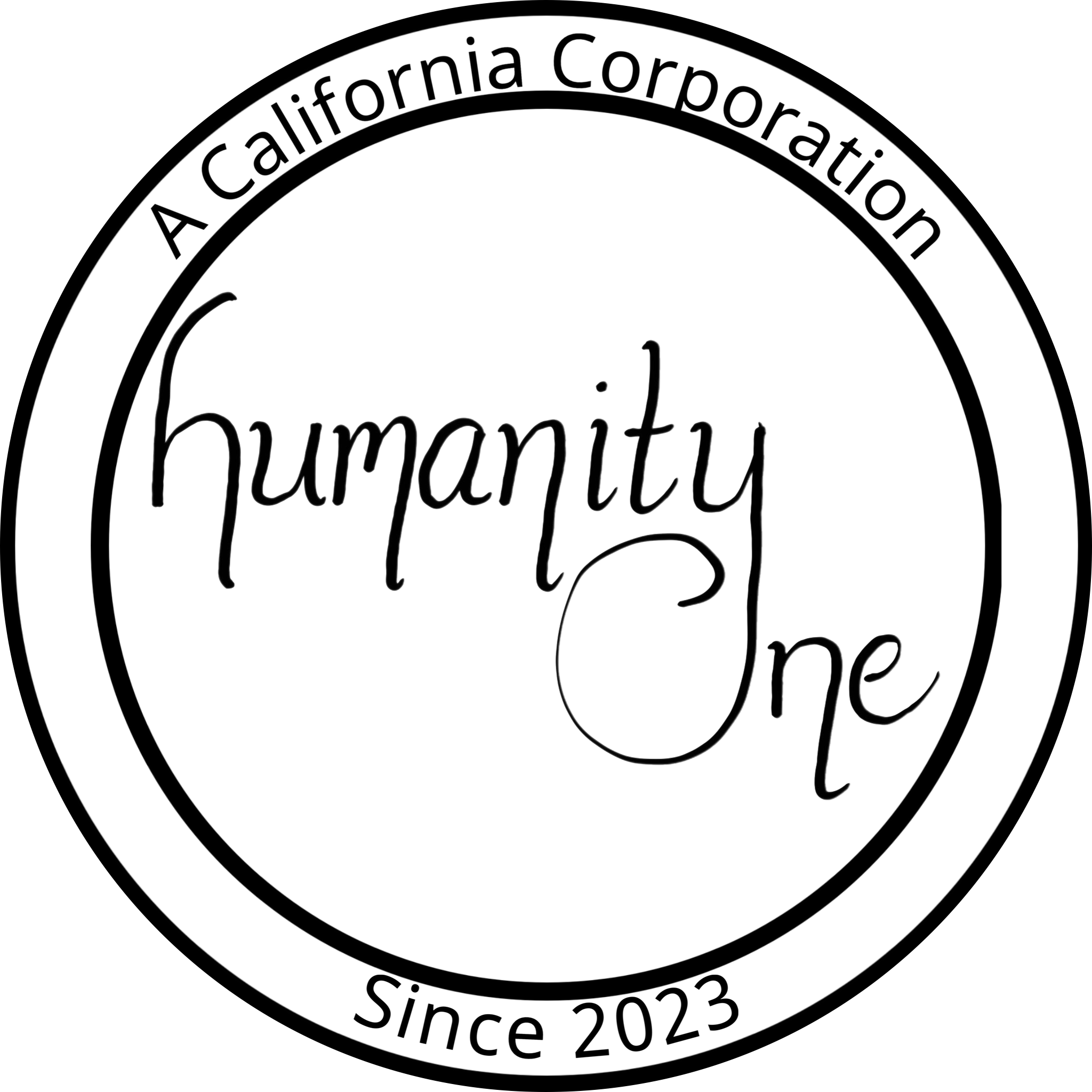In every culture, throughout history, the importance of communication has been emphasized as the bedrock of human interaction. Whether through spoken words, written texts, or even unspoken gestures, our ability to share thoughts and feelings has defined our relationships and our societies. Yet, as the world becomes more connected technologically, it seems we are often more disconnected in understanding one another. The paradox of our age is that while we have more ways to communicate, we often struggle to truly listen. This gap between listening and understanding is not just a modern problem; it is a human problem, one that requires us to reflect on our own practices and intentions in communication. Today, I ask you to consider how the simple, yet profound, act of listening can transform not only our personal relationships but the very fabric of our communities.
The Nature of Listening:
Listening, at its core, is an act of presence. It is the commitment to being fully engaged with another person, not just on a surface level, but in a deep, empathetic way. Listening is not just about hearing the sounds someone makes; it is about understanding the meaning behind those sounds. It involves interpreting tone, observing body language, and sensing the emotions that underpin the words. True listening requires us to be in the moment, to quiet the internal dialogue in our minds, and to focus entirely on the person speaking.
When we listen deeply, we acknowledge the speaker's humanity and validate their experience. This kind of listening creates a safe space where individuals feel seen, heard, and understood. It is a powerful gift that we can offer to others—one that requires no material resources but yields immeasurable benefits. In practicing this form of listening, we are not only improving our communication skills; we are fostering connections that are authentic and meaningful.
The Barrier of Ego:
Ego is a significant obstacle to effective listening. It is our ego that tells us we already know enough, that our perspective is superior, and that others must see things our way. The ego is protective, often interpreting differences in opinion as threats to our identity or status. When the ego is in control, we listen with the intention of defending ourselves, countering arguments, or proving our point, rather than with the intention of understanding the other person's perspective.
This defensive listening is not listening at all—it is merely waiting for our turn to speak. The ego-driven mind is closed, resistant to new ideas, and dismissive of viewpoints that challenge our own. This mindset leads to a breakdown in communication, where both parties are talking, but neither is truly hearing the other. The result is a lack of understanding, where assumptions and misconceptions replace genuine insight.
Overcoming the ego is not easy, but it is necessary for true listening. It requires humility—the recognition that we do not have all the answers, and that others have valuable insights to offer. It requires the willingness to be vulnerable, to admit when we do not understand, and to be open to changing our minds. When we set aside our ego, we make space for genuine understanding to emerge.
The Consequences of Not Listening:
The failure to listen has far-reaching consequences, both in our personal lives and in the broader world. On an individual level, not listening can lead to misunderstandings, hurt feelings, and a breakdown of trust. Relationships—whether they be friendships, romantic partnerships, or familial connections—depend on communication. When one party feels unheard, resentment builds, and the relationship suffers. Over time, the lack of listening can erode the foundation of trust and mutual respect, leading to distance and, eventually, disconnection.
On a societal level, the consequences of not listening are even more profound. History is replete with examples of conflicts that could have been avoided if only the parties involved had listened to one another. Prejudices and stereotypes thrive in environments where listening is absent because without listening, there is no opportunity to challenge assumptions or broaden perspectives. Societal divisions—whether based on race, religion, or ideology—are often deepened by a lack of listening, as groups retreat into their echo chambers, becoming more entrenched in their views and less willing to engage with others.
In the absence of listening, fear and ignorance take root, leading to polarization and conflict. The path to peace and understanding begins with listening, for it is only through hearing and comprehending the concerns, fears, and hopes of others that we can find common ground and work toward solutions.
Listening as a Path to Understanding:
Understanding is not a given; it is something that must be cultivated through effort and intention. Listening is the first step on this path. To truly understand another person, we must listen not just to their words, but to the meaning behind those words. We must be attentive to the emotions they are expressing and the experiences they are sharing. This kind of listening requires patience, as it often involves sitting with discomfort, ambiguity, and complexity.
Listening as a path to understanding also means listening with empathy. Empathy is the ability to put ourselves in someone else's shoes, to feel what they feel and to see the world from their perspective. When we listen with empathy, we are not just trying to gather information; we are trying to connect with the speaker on a human level. This connection is the foundation of understanding.
It is important to recognize that understanding does not always mean agreement. We can listen deeply to someone and still hold different views. However, when we listen with the intention of understanding, we are more likely to find points of commonality, and we are better equipped to engage in constructive dialogue. Understanding creates a bridge between differences, allowing us to collaborate and coexist, even in the face of disagreement.
The Practice of Listening:
Listening is a skill, and like all skills, it requires practice. In a world that often prioritizes speed and efficiency, taking the time to listen deeply can feel countercultural. However, the benefits of listening are immense. By making a conscious effort to practice listening, we can improve our relationships, enhance our understanding of the world, and contribute to a more compassionate and connected society.
One way to practice listening is to approach conversations with a "beginner's mind." This concept, drawn from Zen Buddhism, encourages us to approach situations without preconceived notions, as if we are encountering them for the first time. When we listen with a beginner's mind, we are open to new information and perspectives. We are curious, asking questions and seeking to understand, rather than assuming we already know the answers.
Another important aspect of practicing listening is to be aware of our own internal distractions. Often, when someone is speaking, our minds are busy with thoughts about what we will say next, how the conversation relates to our own experiences, or even unrelated concerns. To listen effectively, we must quiet these internal distractions and focus fully on the speaker. This may involve taking a moment before responding to process what has been said, rather than rushing to fill the silence.
Finally, practicing listening involves being present in the moment. In our fast-paced world, it is easy to be physically present but mentally elsewhere. To listen deeply, we must bring our full attention to the conversation, setting aside our phones, our to-do lists, and our worries about the future. By being fully present, we show the speaker that we value their words and their experience, and we open ourselves to truly understanding them.
Conclusion:
Listening is more than a communication skill; it is a practice of compassion, empathy, and connection. In a world where misunderstandings and divisions are all too common, the ability to listen deeply is a powerful tool for fostering understanding and peace. By committing to the practice of listening, we can transform our relationships, our communities, and our world.
Let us strive to listen with open hearts and minds, setting aside our egos and our assumptions. Let us approach each conversation with the intention of understanding, rather than simply responding. And let us remember that in the simple act of listening, we have the power to create a world where every voice is heard, and every person is valued.
May we all find the courage and the humility to listen deeply, so that we may truly understand. In doing so, we can build a world where understanding, compassion, and peace prevail.
Amen.


